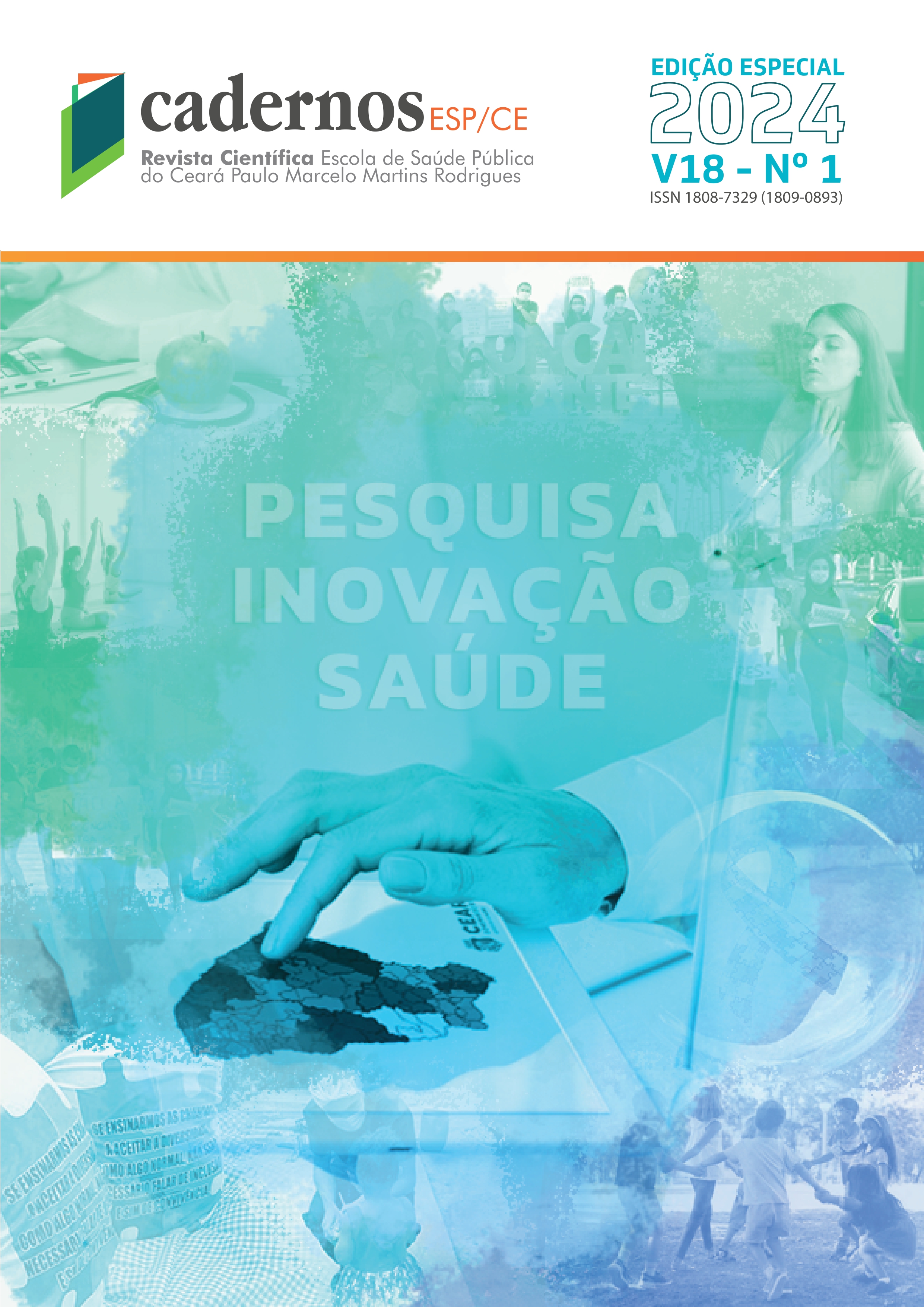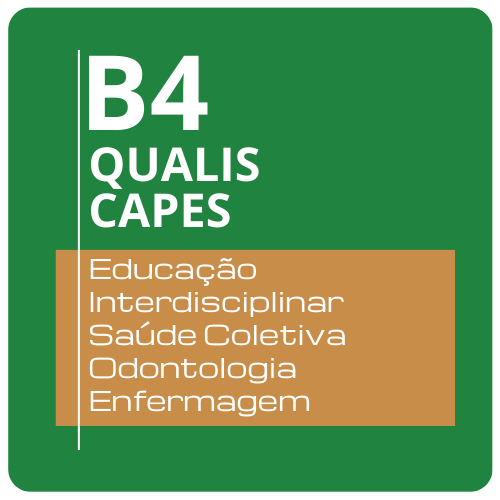HEALTH EDUCATION WITH NURSING TECHNICIANS IN CASES OF DEATH
DOI:
https://doi.org/10.54620/cadesp.v18i1.1800Keywords:
Death, Bereavement, Nursing Care, Health EducationAbstract
The objective is to report an educational action in health with nursing technicians who work in the Transport sector of a general hospital in relation to work in cases of death and recognition of patient bodies. Six group meetings were held, led by two psychologists, with the participation of fifteen nursing technicians. The professionals talked about their experiences, referring to the difficulties they faced in dealing with the emotional reactions of family members, the attitude of funeral directors and the structure of the funeral. The psychologists listened and accepted demands, as well as developing a health education process about death and mourning. Institutional strategies were also built to welcome family members in cases of death, with interaction between Psychology, Transport and Social Services. Therefore, the importance of interprofessionality and continuing health education for improving humanized health care is recognized.
Downloads
References
Reis TC, Figueiredo MF, Souza LP, Silva JR, Amaral AK, Messias RB, Leite MT, Rodrigues Neto JF. Educação em saúde: aspectos históricos no Brasil. J. Health Sci. Inst. 2013; 31(2): 219-223.
Ministério da Saúde (BR). Portaria nº 198/GM/MS de 13 de fevereiro de 2004. Institui a Política Nacional de Educação Permanente em Saúde como estratégia do Sistema Único de Saúde para a formação e o desenvolvimento de trabalhadores para o setor e dá outras providências. Brasília, Ministério da Saúde, 2004.
Ariès P. A história da morte no Ocidente: Da Idade Média aos nossos dias. Rio de Janeiro: Nova Fronteira, 1977/2012.
Monteiro MC. A morte e o morrer em UTI: Família e equipe médica em cena. Curitiba: Appris, 2017.
Kovács MJ. Sofrimento da equipe de saúde no contexto hospitalar: cuidando do cuidador profissional. O Mundo da Saúde. 2010, 34(4): 420-9. DOI: https://doi.org/10.15343/0104-7809.20104420429
Kernkraut AM. Atuação com a equipe de saúde. In Kernkraut AM, Silva AL, Gibello J, organizadores. O psicólogo no hospital: da prática assistencial à gestão do serviço. São Paulo: Blucher, 2017: 195-213.
Figueiredo MF, Rodrigues-Neto, JF, Leite, MT. Modelos aplicados às atividades de educação em saúde. Rev. bras. enferm. 2010, 63(1): 117-121. DOI: https://doi.org/10.1590/S0034-71672010000100019
Oliveira G, Saltori GC, Feiten ML, Brito TA. Cartilha - Como ajudar alguém em luto [recurso eletrônico]. Curitiba: Laboratório de Psicopatologia Fundamental UFPR, 2020. Disponível em: https://convida.ufpr.br/portal/wp-content/uploads/2020/06/como_ajudar_alguem_em_luto_oficial.pdf
Siqueira-Batista R, Gomes AP, Albuquerque VS, Cavalcanti FO, Cotta RMM. Educação e competências para o SUS: é possível pensar alternativas à(s) lógica(s) do capitalismo tardio? Ciênc saúde coletiva [Internet]. 2013, 18(1): 159-170. DOI: https://doi.org/10.1590/S1413-81232013000100017 DOI: https://doi.org/10.1590/S1413-81232013000100017
Sarreta FO, Liporoni AA, Bisco GC, Santos ET, Lima ED, Silveira DH. Educação permanente de trabalhadores da saúde em tempos de pandemia. Cadernos ESP. 2022, 16(3): 24-32. DOI: https://doi.org/10.54620/cadesp.v16i3.855 DOI: https://doi.org/10.54620/cadesp.v16i3.855
Downloads
Published
How to Cite
Conference Proceedings Volume
Section
Categories
License
Copyright (c) 2024 Cadernos ESP

This work is licensed under a Creative Commons Attribution 4.0 International License.
Accepted 2024-01-29
Published 2024-09-13























